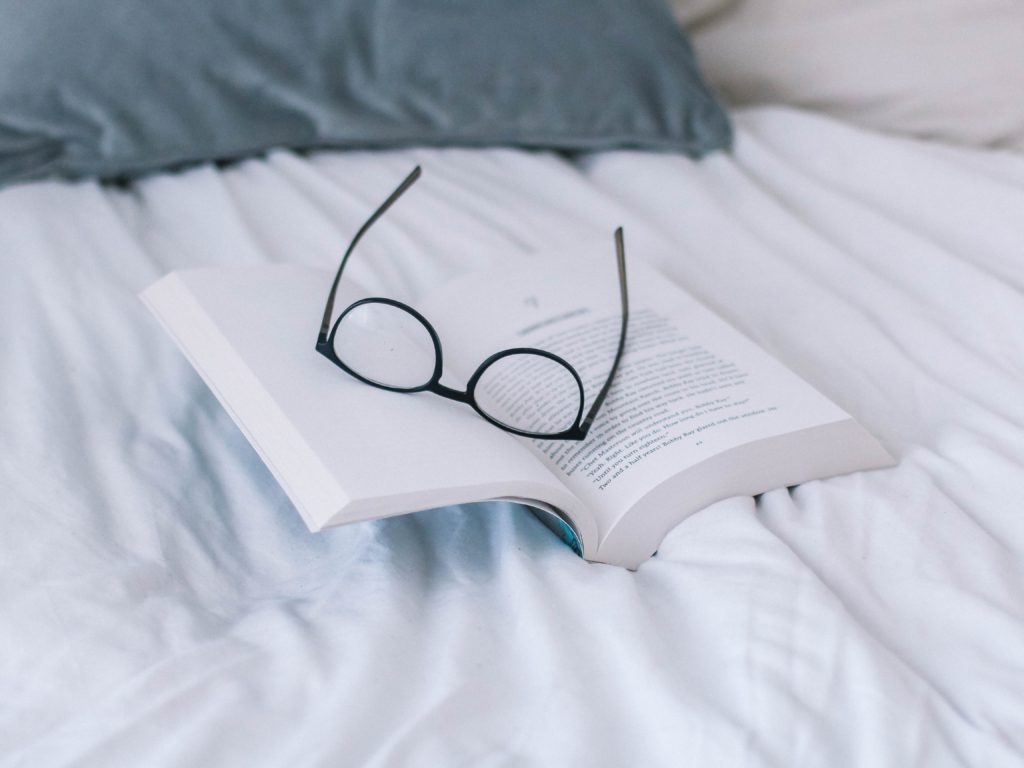How many times have you looked at your phone today? Maybe you’re reading this on your phone right now. Do you ever not have your phone with you? In our technological world, there is an increasing pressure to be “always-on.” Why is it that we can’t seem to break from texts, emails, social media, blogging, and all the other consuming activities we do on our electronics? Author, blogger and “bliss builder” Deirdre Maloney talked to us to help us understand the debilitation of being connected all the time. While being connected 24/7 has its benefits such as keeping our inbox empty, we’re also being distracted from things we need to get done. Here are some of the many benefits of disconnecting.
Since we’re all accessible all the time we’ve created an expectation of being “always-on” and having an almost instantaneous response time. If unchecked, the pressure continues to build, forcing us to neglect time with friends and family. This results in our relationships taking a toll, or our work suffers, or we lose sleep. Put this all together and we’ve actually created a whirlpool of more stress and anxiety.
Deirdre explains that the truth of the matter is: We really love the tech game and the connections we make. It’s actually addictive to us. “When we hear that digital ding, an email has come in or someone is texting us, it’s like an unwrapped Christmas gift. We know it means someone wants us or needs us,” she says.
We feel connected, helpful, and useful. Plus, we’re being distracted from what we’re actually supposed to be doing. So, we love being accessible all the time. As a bliss builder, Deidre warns us that work-life integration is not achievable, especially in the face of 24/7 connection.
While we’d like to think that if we just employ some discipline we can turn it off, we’re actually much less willing to give it up since we love the connections. Deirdre believes while we cannot have it all, given there is so much to do and only so many hours in a day, “You can have your all.” It is a matter of making choices and sometimes sacrifices in order to achieve the most important things you need to get done. We should be honoring the moments we need to better balance our lives. “When we have a constant influx of digital connections and dings, we’re not able to stay focused and emphasize the things we really want to do. If we really want ‘our all,’ we need to be intentional about that and decide what we want to have in our lives,” she said.
Technology as a distraction is okay and is part of our reality now; however, we need to decide for ourselves how our technology will work for us and not the other way around. We can start limiting distractions by setting up boundaries for ourselves such as, “I am not going to check texts during this meeting” or “I will only check email at 9 am, noon, and 4 pm.” Deirdre emphasizes that finding our “tech bliss” is something personal to each of us and we should look within to ask, “What do I really want to get out of my technology?” She believes we shouldn’t pressure ourselves to be perfect all the time and that we should acknowledge what digital connections do for us.
She shared with us some of her personal tech practices:
- Put the phone face down and turn off the sound
- If vibrations are a distraction, turn them off
- Close the lid. Deirdre works from home so hearing the click of her laptop closing is as close to leaving the office as she can get
For many of us, the idea of disconnecting could be scary. What if I miss something. What if someone needs me. What if they don’t call me anymore? “It is a fear that disconnection is permanent disconnection when, in fact, we all are going to connect at some point,” Deirdre emphasized.
Deirdre says change is scary, but if we stay in our fears, we become stuck and even unhappy. It is the stories we tell ourselves, that keep us from doing what we want and finding our bliss. In the case of disconnecting, we’re simply not giving technology the power. It is us saying “Texts get in my way, so I am going to set limits.”
There are many positive benefits to disconnecting:
- We become more focused
- Our productivity increases
- We become more present and authentic with the people in front of us
- We are more successful because we are doing the projects we set out to do
As the societal norm of “always-on” prevails, we have to recognize we have more choices than we think. Be very intentional about what you want your day to be filled with and decide how technology will best play a role in it. If your boss expects you to be connected 24/7, manage those expectations directly with him or her. As Deirdre says, “We have to decide what’s best for us and what will contribute most to our success and happiness.”
How do you make time to disconnect? What have you found to be some of the benefits of disconnecting?
By Kristiana Monterosso for Her Agenda: Kristiana is a writer in New York City, where she currently resides. She is a recent graduate of Rutgers University in New Brunswick, NJ where she received her B.A. in English Literature. Kristiana hopes to contribute more to “women-empowering-women” movements and eventually publish her own book. She enjoys running outdoors, trying new things around the city, and catching up with family and friends in the suburbs. This post was originally published on Her Agenda.


































13 Responses to The Benefits of Disconnecting